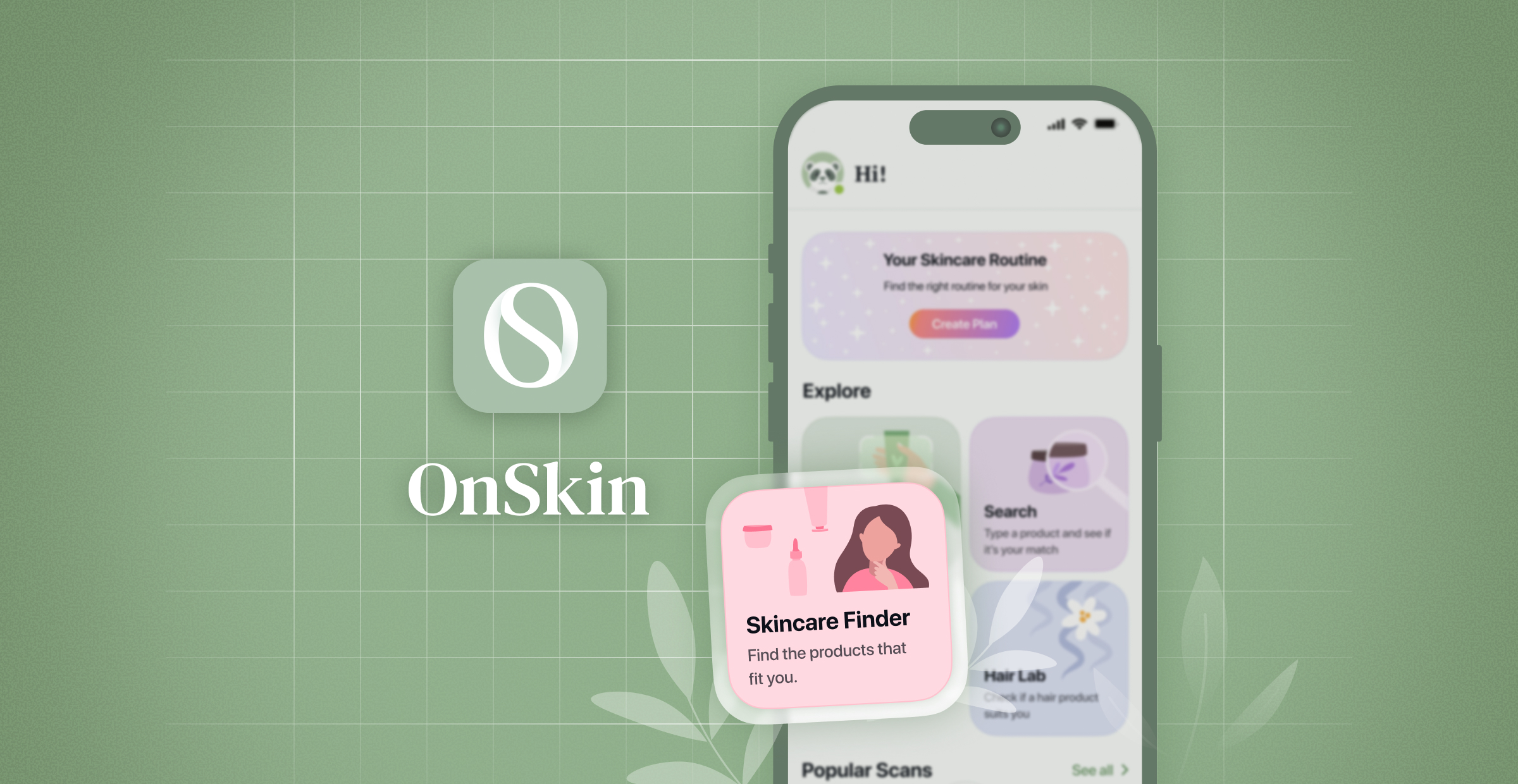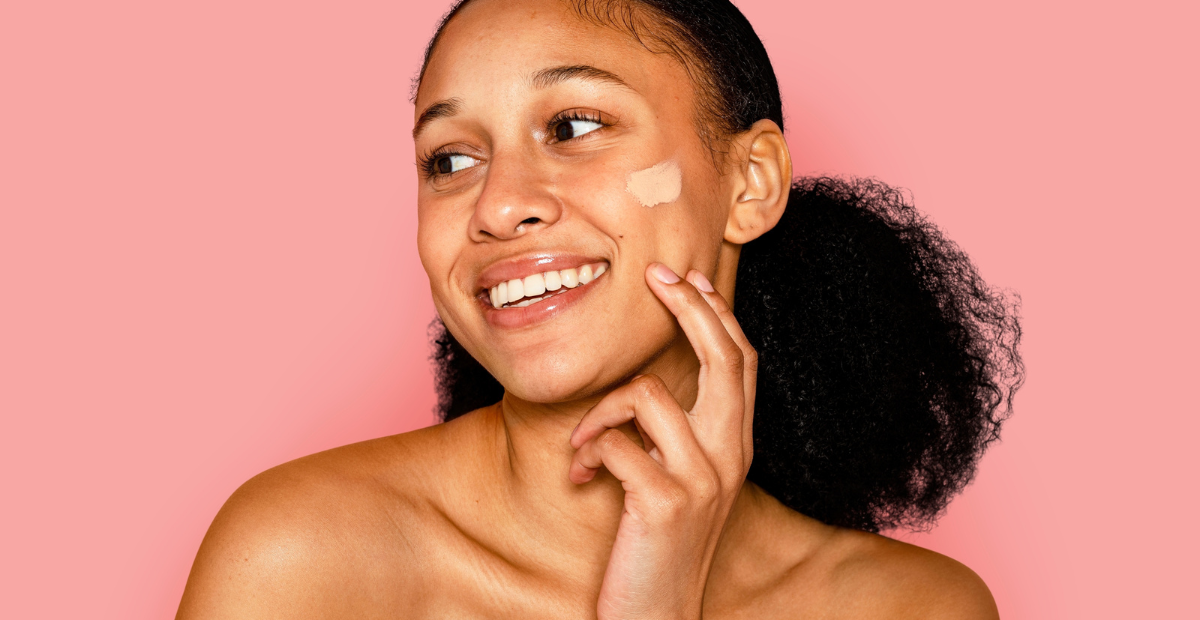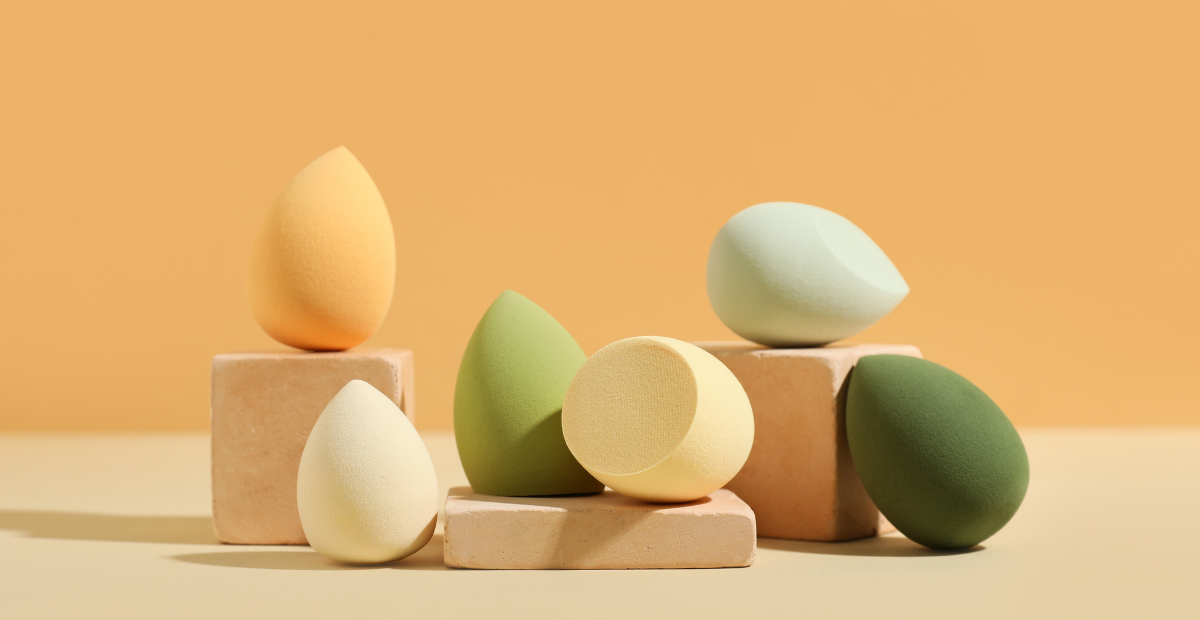Micellar Water: Let’s Clear Up Your Doubts About It
Onskin Content Team
Your guides through the skincare chaos

Open any beauty lover’s vanity, and you’ll probably spot a bottle of micellar water stashed somewhere—maybe in yours too. And there’s a good reason for that: micellar water is one of the quickest and most effective ways to remove the day’s grime, especially when you’re too tired to commit to a full beauty routine.
But wait, you may have heard that it’s not as harmless as it seems and could even damage your protective barrier. Is that true? This post is all about why you don’t need to fear micellar water, and how it can benefit your skin.
So, let’s take off!
What is Micellar Water?
Micellar water is a cleansing cosmetic that relies on micelles—tiny, round molecules that act like magnets, easily attracting and lifting away impurities. (If only we had magnets like that for toxic people! 😉)
What are the Benefits?
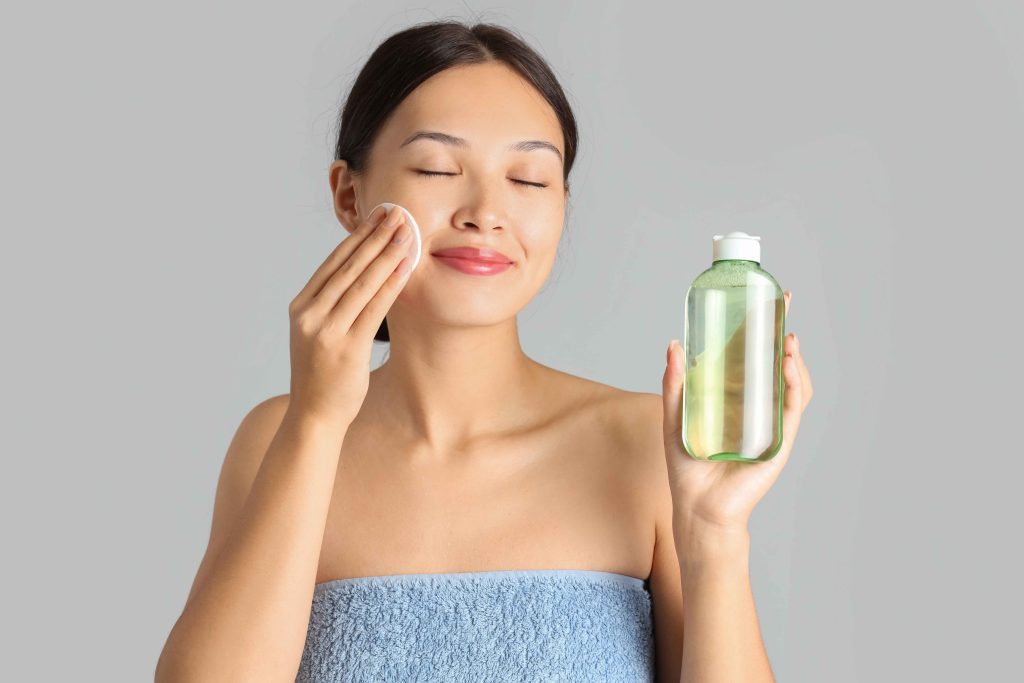
Micellar water was originally created for water-free cleansing, specifically for those with sensitive, reactive skin that doesn’t get along with tap water or temperature changes. Because of this, most micellar waters include gentle cleansing agents that help minimize the risk of stripping the skin’s natural barrier. And if you have a sensitive complexion, you know that completing a cleansing step without any redness is already a small victory!
However, depending on the formulation, some ingredients can still irritate delicate skin—just because “micellar water” is on the label doesn’t automatically mean it’s suitable. To check if a product is truly non-irritating and based on mild surfactants, consider scanning it with the OnSkin app.
Getting back to perks, micellar water makes removing everyday makeup a breeze without the need for aggressive rubbing (looking at you, scrubs!). This gentler approach is great for overall skin health since excessive friction can harm the skin. Based on the formula, it can even be safe for use around the eyes and on the lips—just be sure to read the label and pay attention to your skin’s feedback.
Plus, since many manufacturers claim micellar water doesn’t need rinsing, it’s super convenient for travel or quick touch-ups on the go. Just toss a bottle and some cotton pads into your bag, and you’re good to go! That said, dermatologists often recommend following up with a toner to restore the skin’s pH balance and a moisturizer to lock in hydration—but more on that later.
Effective for All Impurities?
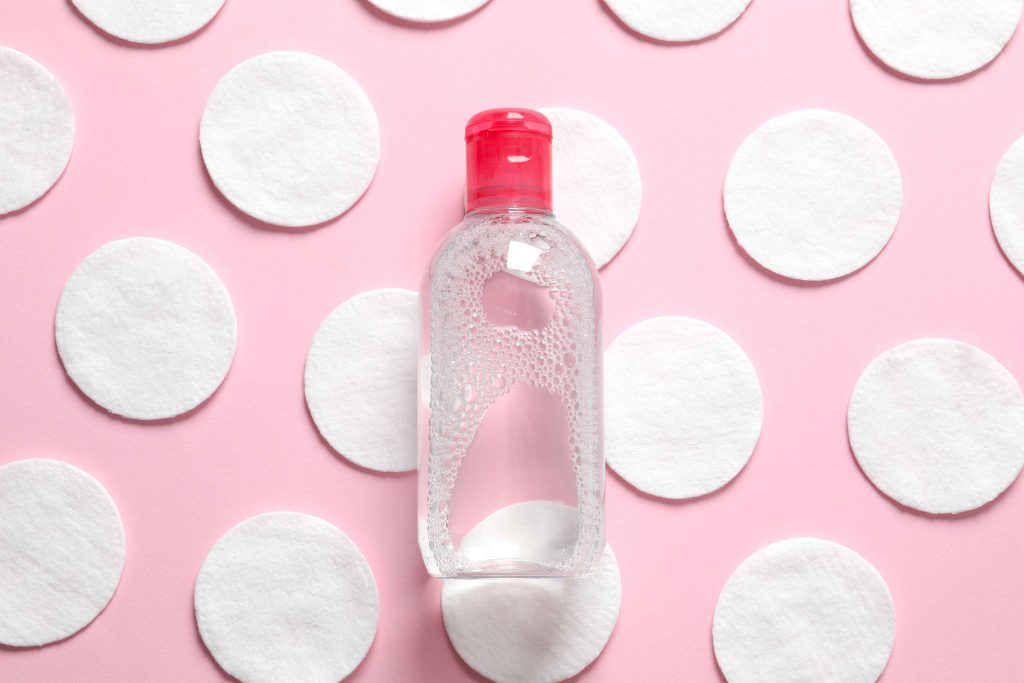
While micellar water’s mild ingredients are perfect for removing everyday makeup, they might not cut it for heavy, long-lasting waterproof textures (think Halloween looks or stage performances). In those cases, a more thorough cleansing routine—like using a balm or opting for double cleansing—would be more effective to ensure your skin is truly squeaky clean.
Micellar Water and Toners: Distant Relatives?
Many micellar waters boast vitamins, ceramides, hyaluronic acid, or calming ingredients like chamomile or others. While these additions can certainly benefit your skin, micellar water’s primary job is cleansing, not balancing your skin’s pH or providing moisture—roles better suited to toners. So while it’s a skincare superstar, don’t count on it to fully replace your toner.
Do You Need More Steps Afterward?
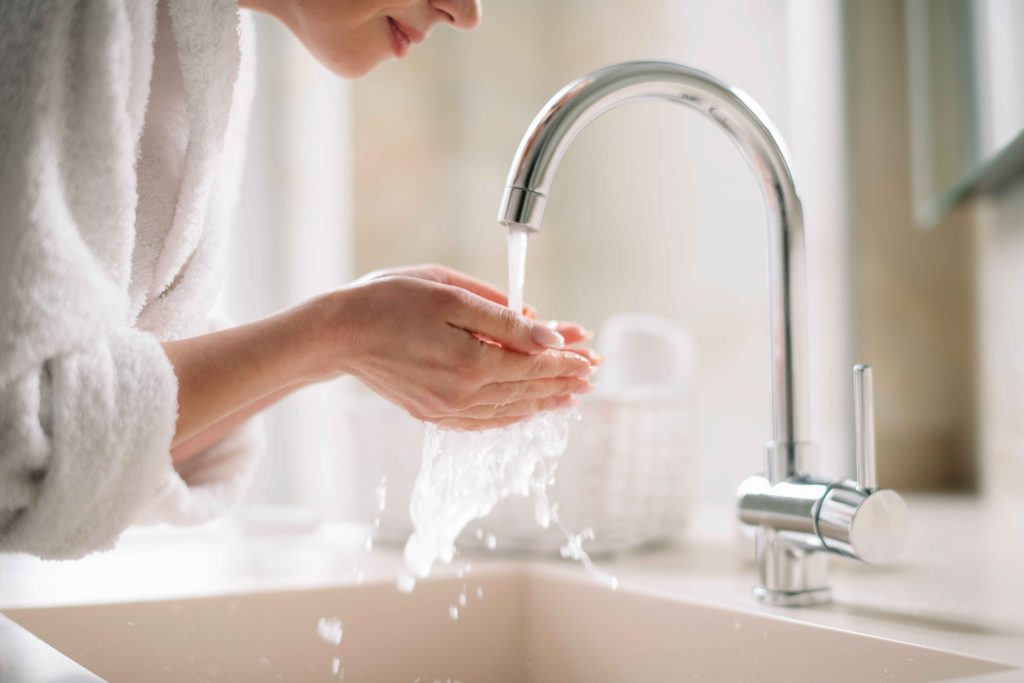
It depends! Some brands claim that no extra cleansing is required, while others suggest a rinse or another cleanser. Who to believe?
The best guide is your skin. After using micellar water, your outer layer should feel soft and smooth, without any stinging, stickiness, or yucky residue. If your outer layer feels anything less than comfortable, it might be best to add another step to your regimen. Which “step” do we mean exactly?
For combination or oily skin, we recommend using a gel or foam cleanser post-micellar water. Since these types typically produce more sebum (skin oil), a more intensive wash is usually needed to prevent clogged pores and breakouts.
For all types, if you’re using micellar water without rinsing or additional cleansing, it’s a good idea to complement it with a toner to normalize the skin’s pH and add hydration. This is especially important if your micellar water doesn’t contain active ingredients tailored to your skincare needs (like AHAs or BHAs for oil control, or niacinamide for a more even complexion).
But, as always, read the ingredient list carefully—some micellar waters already pack a punch with beneficial actives. Not really into deciphering tiny words on the label? OnSkin will gladly do it for you in three seconds.
FAQ
-
Where do I start with OnSkin?
Download the app and think of a product you’d like to know more about. Then, go to the main screen and choose how you’d like to get the info —by manually looking it up in the search bar, by scanning its barcode, or by simply taking a picture of the packaging. Once you’ve done any of these, you can see how safe the product is and if it suits your skin or hair (if this analysis is available).
-
What is Safety Rating, and how is it calculated?
In OnSkin, we base product rates on ingredients. Each is closely studied by our medical team and then evaluated. This way, each product gets a score from 0 to 100, with 100 as the safest level.
Safety Levels
- Excellent (76–100)
- Good (51–75)
- Not great (26–50)
- Bad (0–25)
These scores are backed by the latest scientific studies. You can find links to the resources we’ve used on each ingredient page. To assess the safety of product ingredients, we evaluate them according to the following parameters/criteria
- Endocrine disruption risk / Reproductive toxicity
Indicates the probability of mimicking, blocking, or interfering with the body hormones.
- Сarcinogenicity
Measures the potential risk of inducing cancer.
- Allergy risk
Estimates the probability of an allergic reaction.
- High concentration alert
Determines the risk of being unsafe in certain amounts.
-
What is Skin Match?
Based on the info you input about your skin type, age, skin care goal, and other “settings,” OnSkin checks how well a product is tailored to your unique skin needs — it’s basically like a dermatologist helping you find the right products, minus the fees and the long wait. The product you’re checking might be labeled as It’s a match!, Hit-or-miss, or Not a match for you. The app also detects ingredient groups such as Anti-acne, Anti-inflammatory, Moisturizes, May be drying, Comedogenic, and others — by tapping one, you see exactly what ingredients from this or that group are in the product.
-
I seem to have a problem with using the app. Who should I contact?
Please reach out to us at [email protected], and we’ll carefully look into your issue. Your ideas for improving the app are also very welcome!
-
Do you have an Android version?
Not yet! Hey Android users, we hear you, and we're thinking about making an Android version, but we haven't started the development yet.
Tracker Sent!
It’s on the way to your inbox.


